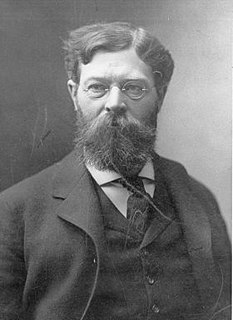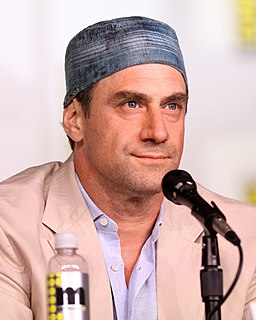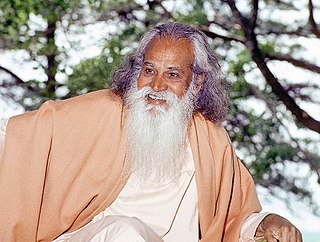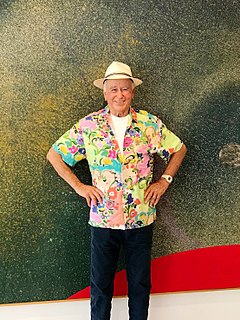A Quote by George Orwell
The existence of good bad literature—the fact that one can be amused or excited or even moved by a book that one's intellect simply refuses to take seriously—is a reminder that art is not the same thing as cerebration.
Related Quotes
I don't take myself that seriously when it comes down to that stuff. My drummer is my favorite drummer in the world, and he also happens to be the funniest person you'll meet. He's a constant reminder every time stuff gets a little too heavy, maybe I have a bad show or I'll hit a horrible note on some recorded TV thing or something, and he's like, "Man don't take yourself so seriously - this is a joke, we're playing music." And that's a great thing to keep me grounded at all times. We're not saving lives, but the power does help us.
I don't think immediate tragedy is a very good source of art. It can be, but too often it's raw and painful and un-dealt-with. Sometimes art can be a really good escape from the intolerable, and a good place to go when things are bad, but that doesn't mean you have to write directly about the bad thing; sometimes you need to let time pass, and allow the thing that hurts to get covered with layers, and then you take it out, like a pearl, and you make art out of it.
The world we live in is a world of mingled good and evil. Whether it is chiefly good or chiefly bad depends on how we take it. To look at the world in such a way as to emphasize the evil is the art of pessimism. To look at it in such a way as to bring out the good, and throw the evil into the background, is the art of optimism. The facts are the same in either case. It is simply a question of perspective and emphasis.
You can use your means in a good and bad way. In German-speaking art, we had such a bad experience with the Third Reich, when stories and images were used to tell lies. After the war, literature was careful not to do the same, which is why writers began to reflect on the stories they told and to make readers part of their texts. I do the same.
The 20th century saw far greater catastrophes than September 11th, as bad as it was, and they didn't render literature or art or music irrelevant. In fact, I think that literature and art help us to understand - sometimes they provide narratives and metaphors for understanding history, for understanding recent catastrophes.
In fact I don't think of literature, or music, or any art form as having a nationality. Where you're born is simply an accident of fate. I don't see why I shouldn't be more interested in say, Dickens, than in an author from Barcelona simply because I wasn't born in the UK. I do not have an ethno-centric view of things, much less of literature. Books hold no passports. There's only one true literary tradition: the human.
It is often argued that religion is valuable because it makes men good, but even if this were true it would not be a proof that religion is true. That would be an extension of pragmatism beyond endurance. Santa Claus makes children good in precisely the same way, and yet no one would argue seriously that the fact proves his existence. The defense of religion is full of such logical imbecilities.
The same thing can be both good and bad. Whenever you speak of good, bad is also present. The world is a mixture of both. There is not good without bad. They are both sides of the same coin. Both are necessary. We have been given free will and discriminating capacity to select what is beneficial to us and to avoid what is detrimental to us. Even Cobra poison can be used as medicine.







































